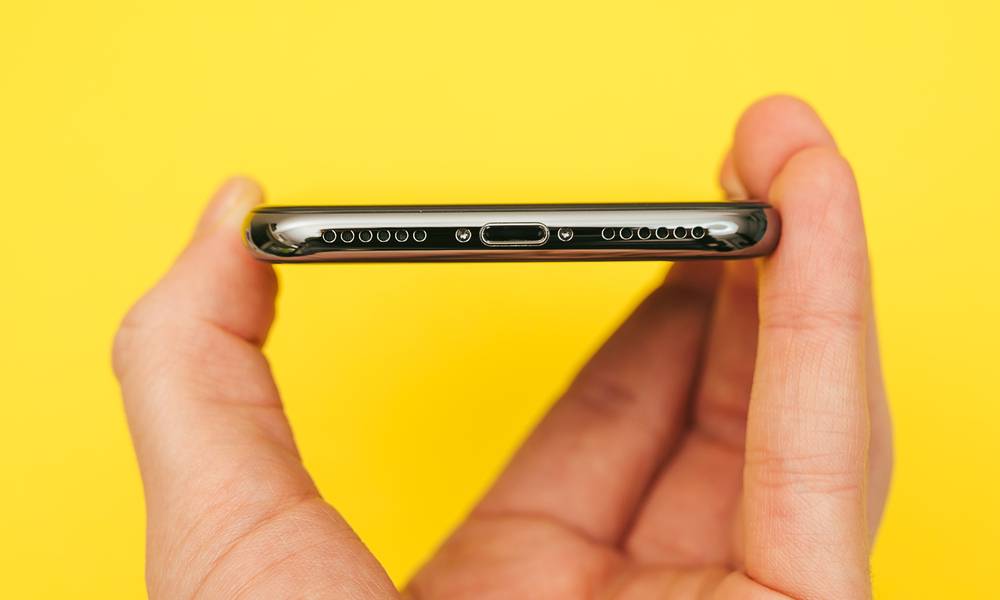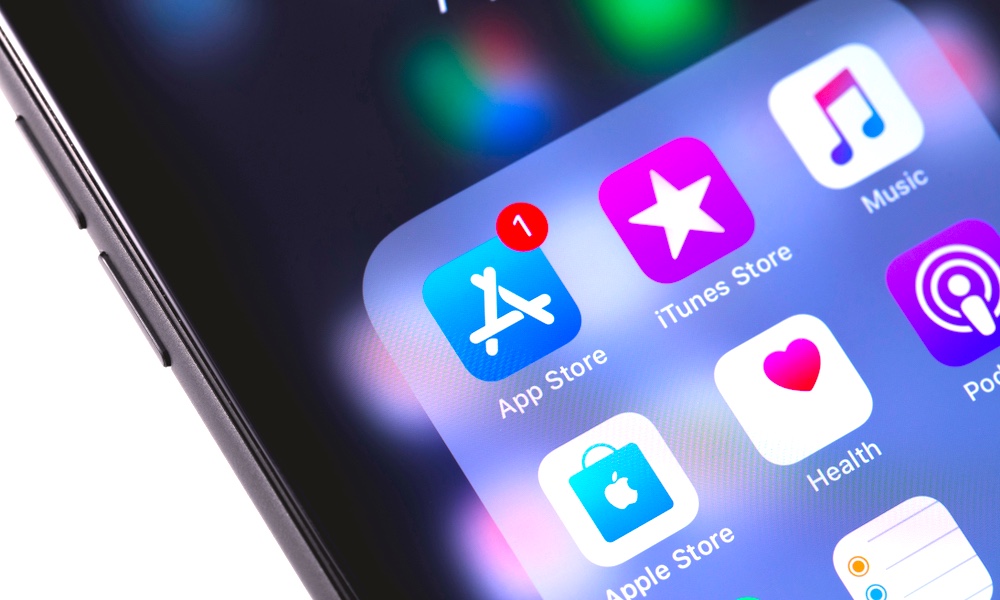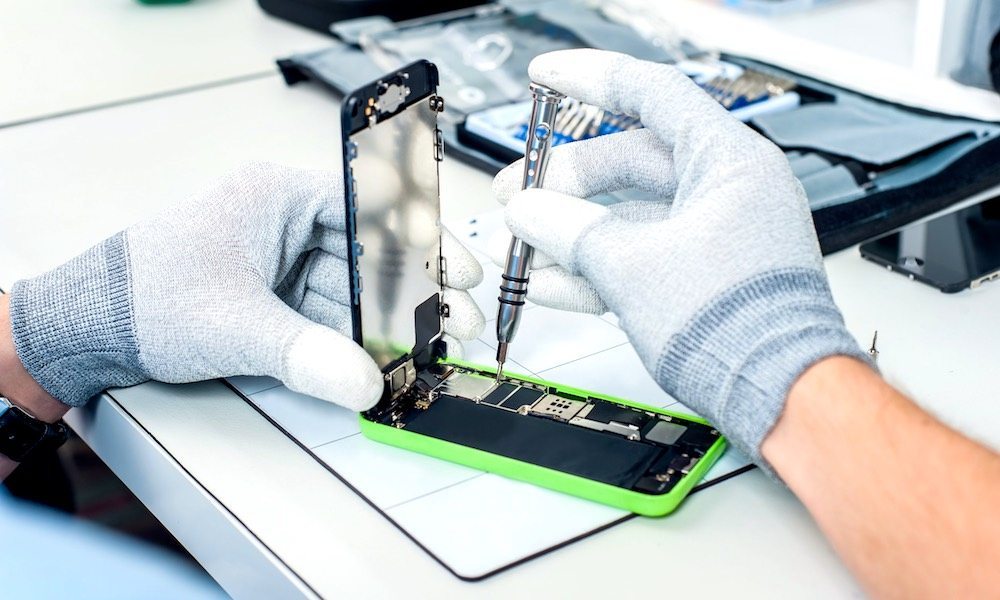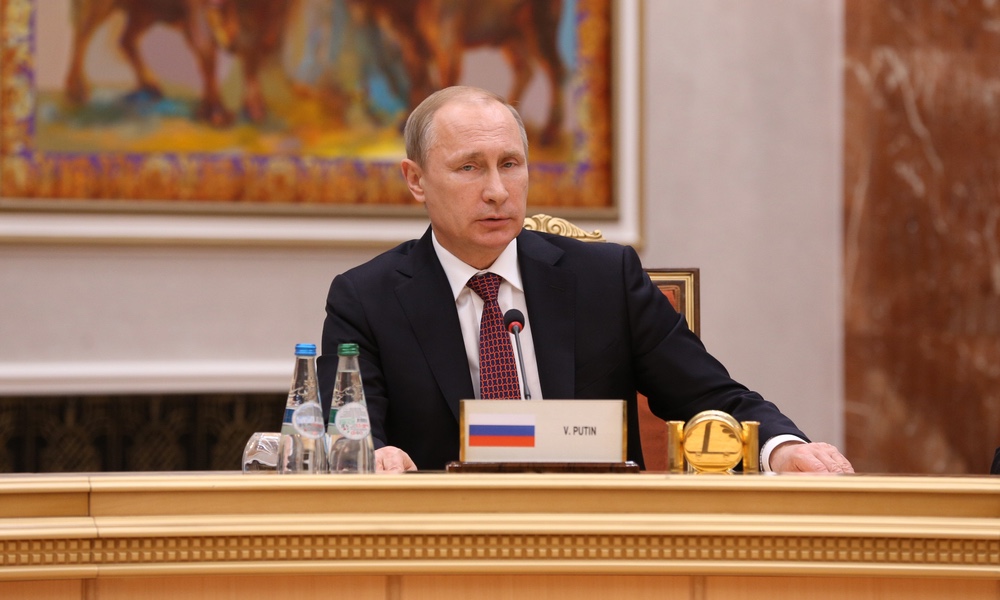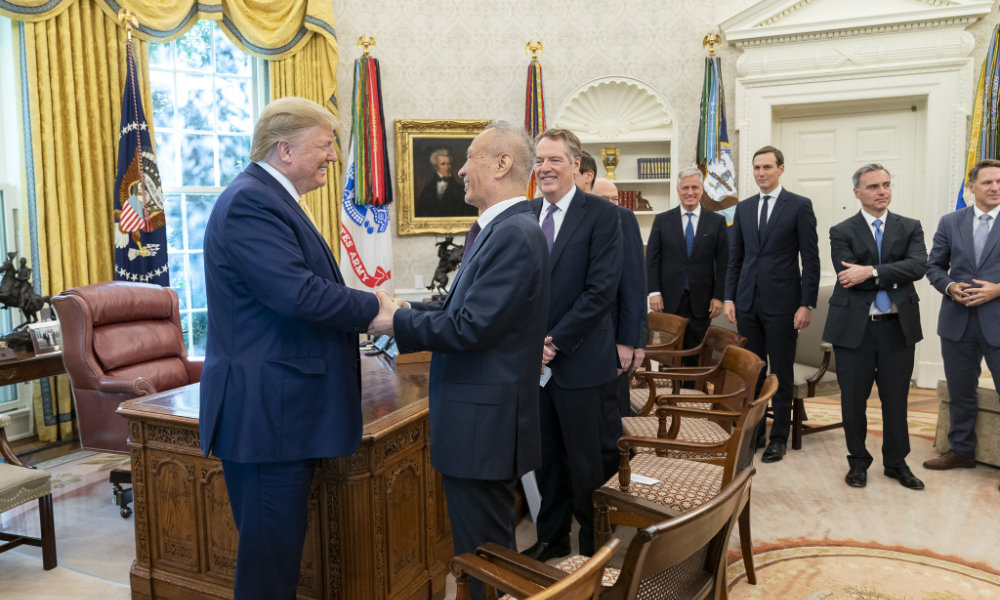7 Legal Battles Apple Fans Should Pay Attention to in 2020
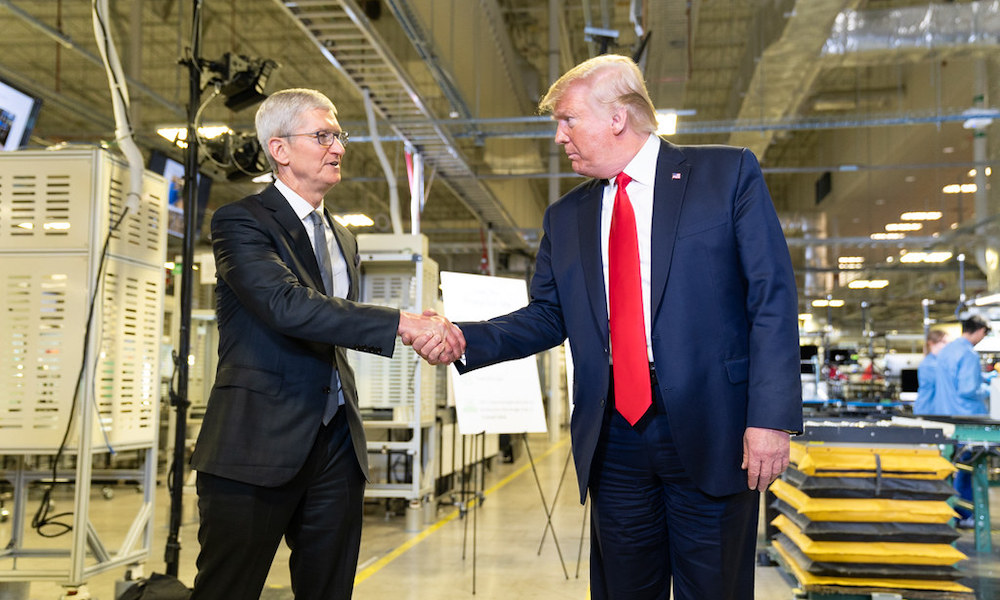 Credit: Flickr / The White House
Credit: Flickr / The White House
The year 2019 was one of tension and conflict for many tech companies. Monopolistic entities like YouTube, Facebook, and Microsoft all faced extensive scrutiny through the year, leading to several legal developments that may severely affect how a user accesses the web, their phone, and more. And Apple is not exempt from these effects.
This growing distrust, described by analysts as the "techlash," is the basis for a number of possible changes in American, European, and international law that may have severe consequences for the everyday tech user. But oftentimes, these developments are buried under the bevy of chaos that describes the modern political news cycle. Continue reading to browse our list of political stories that you should definitely keep an eye on.
EU's Fight for Common Charger Accessories
According to reports from Europe, members of the European Parliament have begun to discuss measures that would require any sellers of smartphones in Europe to make a universal charging port that fits all of their devices. This development, if voted through, would severely affect Apple products, who have relied extensively on the Lightning Port since 2012.
The motion was inspired as a movement to decrease electronic waste, which reportedly includes somewhere up to 51,000 tons of old chargers. So having chargers and cords that match would allow for people to own one cord and use it across all of their devices.
Apple has pushed back on this for years, arguing that it would 'freeze innovation rather than encourage it," as well as being "bad for the environment and unnecessarily disruptive for customers" considering that "More than one billion Apple devices have shipped using a Lightning connector in addition to an entire ecosystem of accessory and device manufacturers who use Lightning to serve our collective customers." It would severely disrupt the state of Apple devices on a global scale.
Anti-Trust Laws
Apple is just one of many companies that the US is investigating in light of possible antitrust violations. Most recently, the Department of Justice interviewed select Apple app developers about their place on the Apple App Store as part of their antitrust probe. For example, one app creator had their activity tracking app removed at some point while Apple was releasing its Screen Time function as part of their updated OS. Such an action was seen as Apple manipulating the market, to the point of making competition difficult between individuals.
The probe was announced in June 2019 after Trump had openly criticized several big tech companies earlier that year about possible censorship of conservatives (a claim that has little evidence). But Attorney General William Barr stated that he hoped the investigation would be finished by the end of 2019. It has not yet wrapped up.
While conservative politicians have vocalized their issues with Google and Facebook, it's also expected that any Democratic candidate who wins the election will also push for stronger antitrust actions, including actions that could lead to the severance of bigger companies into smaller organizations, or penalizing companies that reach a certain size.
Right to Repair
As many Apple fans know, attempting to repair their own products has become a hassle, especially as the products become smaller as well as the lack of components required to take it apart. Several members of Congress, including presidential candidates Elizabeth Warren and Bernie Sanders have recently begun advocating for right-to-repair laws that would help these consumers.
These laws came about primarily as a way to benefit rural/farming communities, but technology users are expected to benefit exceptionally from such a development.
Encryption Breaches
For years, Apple has done its best to protect the rights of its users from law enforcement and political groups breaching a phone's security, especially if the public views the phone owner as a threat to the peace. This decision has created tension between the US government and Apple, with Donald Trump even going as far as accusing Apple of "refusing to unlock phones used by killers, drug dealers, and other violent criminal elements" despite how much the United States has helped the tech conglomerate grow their sales.
US Attorney General William Barr has seconded these statements, stating publicly that Apple has not done anything substantiative to help legal officials investigate the recent Pensacola shooter.
This isn't a new conflict, but recent filings in Congress may give privacy advocates reason for concern. Senator Lindsey Graham (SC-R) recently filed a bill that would ban the act of encryption. Lindsey has followed Trump's lead, accusing Apple of creating a safe haven for criminals. He even went as far as threatening Apple with "enforcing its will" upon them.
The bill that Graham recently filed is titled Eliminating Abusive and Rampant Neglect of Interactive Technologies (EARN IT) Act. According to those with access to said bill, EARN IT would modify section 230 of the Communications Decency Act so that companies are liable in both criminal cases and civil lawsuits regarding child abuse and exploitation if they don’t follow the best practices established by the commission.
As iDrop's Jesse Hollington notes in his article on the bill:
"While many of these suggested best practices are more than reasonable — things, like offering parental controls and setting age limits, are already on the books in one form or another — the bill also requires companies to 'preserve, remove from view, and report' and material as well as retain any evidence that may pertain to such cases.
It’s important to note that the bill doesn’t specifically mention end-to-end encryption, but it’s easy to see how its requirements to preserve, report, and retain evidence could easily be used to eliminate end-to-end encryption, while also placing big tech companies like Apple in the role of gatekeepers that would need to not only retain unencrypted communications but could be held liable if they fail to actively monitor things like iMessage traffic in order to report suspected cases of child abuse and exploitation to law enforcement."
Patent Trolling
For years, there have been individuals in the European Union who have actively gamed the system by filing patents in unruly ways that take away the rights and affect sales for larger tech companies.
In response, Apple (along with 34 other tech companies) have pushed for the EU to be more stringent on patent law, considering how often these systems are manipulated, often with the unintentional effect of banning products within the EU as well as stifling the potential of innovation.
This follows a number of ongoing lawsuits on Apple's part where it has argued that select tech companies have acted in a way that is contrary to current antitrust laws within the United States.
Russian Surveillance
Russia recently passed a bill, declared the "Bill against Apple" by locals, that would put severe restrictions on Apple sales within their region. According to the law, any smartphone companies that wish to operate in Russia must comply with the government by allowing them to upload a series of preloaded software before the purchase/acquisition of the phone. If Apple does not comply, then they will have to withdraw from the country.
While Apple has not filed an official statement on the matter, select sources believe that several employees within the company have expressed resistance to such a proposal.
Chinese-US Trade Deal
Apple was one of several companies that were severely affected by the events of 2019's trade war between China and the United States. While a deal was initiated in December 2019 between the groups, the results of said deal could change or be affected by the ever-shifting state of US-Chinese relations.
Mix in the recent coronavirus' effect on Apple sales and shipping, and it becomes quite clear that things could change rather quickly depending on the state of international relations.

